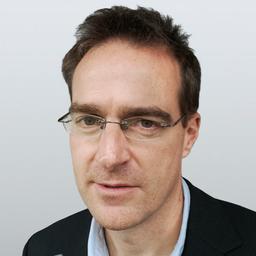Commentary
A previous opinion piece discussed how the world had treated the Republic of Kosovo differently to the People’s Republics of Donetsk and Luhansk. This different treatment reveals the existence of a double standard with regard to secession and self-determination of ethnic groups under international law.






